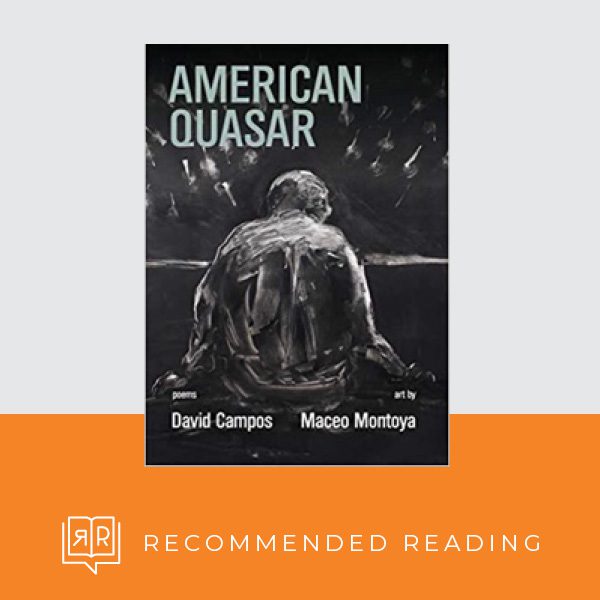
As is evidenced by the theme of this issue, covers are incredibly important—the composition and imagery of a cover play an integral role in the very first impression a reader will have of the book. So, I was incredibly excited to be able to have a conversation with David Campos and Maceo Montoya, a poet and an artist who collaborated with one another on a collection called American Quasar.
Released by Red Hen Press on June 22, 2021, American Quasar is a visual-textual collaboration, with David writing poems and Maceo creating artwork to go alongside the poems. Their experience producing the book offers a unique perspective, particularly because of the equal ownership they both took of the project.
“It felt like a jazz session,” David tells me. “It was basically improv between the two of us—we were just free-flowing and bouncing ideas off of each other.” Going off of this collaborative spirit and equal responsibility, David and Maceo wanted the cover to reflect their symbiotic relationship as creators. However, they initially had some trouble bringing that vision to fruition.
The press had originally chosen a blank, minimalistic cover; however, given the centrality of Maceo’s art to the project, both David and Maceo agreed that it made more sense for the cover’s image to be one of Maceo’s pieces. David adds on that, “In the press’s later drafts, the font size of my name was larger as the writer while, as the artist, Maceo’s was smaller and off to the side. The two of us felt that this didn’t capture the essence of our collaboration. The image of Maceo’s that the press chose was perfect, though—the subject has his hands out, and so I knew that, if we placed both of our names in equal font size under each hand, then it would become clear, at least visually, that this single project was a collaboration between two people of equal stature.” Red Hen approved the proposed composition, and David and Maceo were glad for it—and, frankly, so am I. Looking at the cover, the “equal stature” that David spoke of is evident.
Maceo tells me that this hiccup does not reflect poorly on Red Hen, but rather reveals an unfortunate norm in the literary world as a whole: “What I think it showed us was that, although this collaboration was, from the beginning, something we knew had no hierarchy, the literary community still tends to hold the writer at one level and then the artist at a different, lower level.”
Listening to the two of them talk about their collaboration, I become more and more curious about how the book came to be. The project, I learn, started as a way to fundraise for the Andrés Montoya Poetry Prize. “The literary prize was created as a way to honor my late brother, the poet Andrés Montoya, who passed in 1999,” Maceo tells me.
“It was established nearly twenty years ago at the University of Notre Dame by Francisco Aragón. And Francisco thought, as a way of fundraising, as a way of bringing attention to the prize, that David and I could collaborate on just one piece—one poem for David, and one image for me.”
“Maceo created multiple images, though,” David laughs, “and I was like ‘Oh, more images? Okay, I think I could write more poetry to go with them.’” David and Maceo corresponded and collaborated over the span of a couple months, and within that short amount of time they generated enough work to be made into a collection. “It was a very intense generative period,” David continues, “and it was heavily focused on process and theme. It was more of a conversation between poet and artist than it was between poetry and art.”
“David would write a poem,” Maceo says, “and I would come up with a series of pictures. The biggest relief for me was, instead of having to dig into myself for imagery, I was able to dig into the imagery that came through David. Our creativity took off like wildfire.” David and Maceo tell me that they worked closely with the idea of “the precipice of violence,” specifically emotional violence, and that they sought to capture the moments that lead to one’s unraveling.
“Those instances and images preceding emotional violence were what we were working with,” David reports, “and I had to search my own memory for them. The question of the book eventually evolved to become, ‘How can I love myself in a country that doesn’t love me? I’ve got these two sides pulling against me, so how can I fit into either?’” This theme was especially applicable when David and Maceo started working on the project back in 2016, when everyone was still trying to wrap their minds around Donald Trump’s election and the impact that that would have on the political landscape and matters of citizenship. “So much of our work was about this excavation of self,” Maceo tells me, “and I think that the era that we were about to enter into dealt with how we belonged. It also dealt with how we could come to terms with loving and understanding ourselves when the reflection of us in society was warped. Some of the pieces in this collection are very abstract, but I also see them as being rooted in a certain political moment.”
David goes on to tell me that, as was the original plan, the book is still a fundraising effort for the Andrés Montoya Poetry Prize. “This project still being a fundraising effort makes it very special to us,” he says, “and the process of working with Maceo was a freeing one—our vision was a shared burden, and this allowed me to explore areas I probably wouldn’t have explored otherwise.” Maceo agrees, pointing out how he never felt like he’d tapped himself out of images for this project, particularly because of his and David’s creative reliance on one another. The common theme, I gather, is a lack of inhibition due to the security that teamwork brings. In our conversation, I not only get a sense of their immense respect for one another, but also of their desire to speak truth through art. Through each poem, each image, they take a bigger narrative and distill it into snapshot moments of vulnerability, pain, and authenticity.
Needless to say, I hope to see David and Maceo collaborate again in the future.
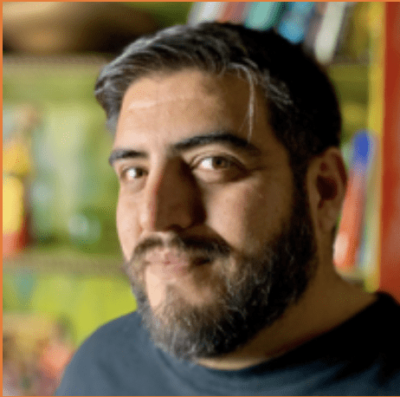
David Campos is a poet and writer, and he teaches English at Fresno City College. His work has won the 2014 Andrés Montoya Poetry Prize and the Annual Prairie Schooner Strousse Award. He is a CantoMundo fellow, and is a part of Fresno City College’s Puente Program, which helps special cohorts of community college students transfer over to four-year universities. You can find David at www.davidcampos.me.
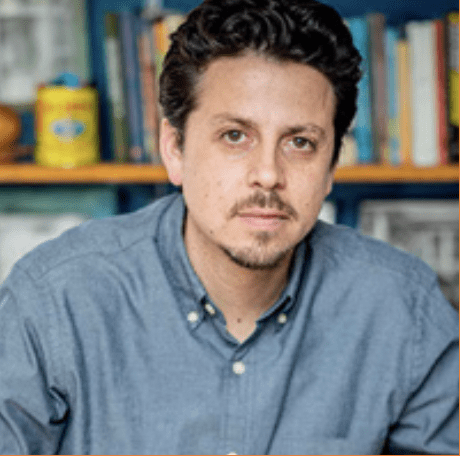
Maceo Montoya is a visual artist and writer, and is an associate professor at UC Davis’s Chicano Studies Department. In his work, he focuses on the ways that different mediums of storytelling can be combined, and he often collaborates with writers and artists on visual-textual projects. His writing has won the 2011 International Latino Book Award for “Best First Book,” and his artwork has been featured both nationally and internationally. You can find Maceo at www.maceomontoya.com.
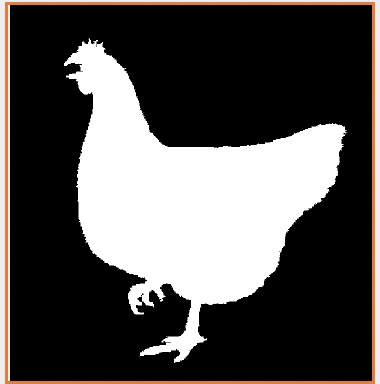
Red Hen Press is a nonprofit publishing company committed to promoting new authors, supporting diversity in publishing, and pushing for literacy in local schools. They seek to broaden readers’ horizons and provide authors with a publication that they can be proud of. You can find Red Hen Press at www.redhenpress.org and on Instagram – @redhenpress.
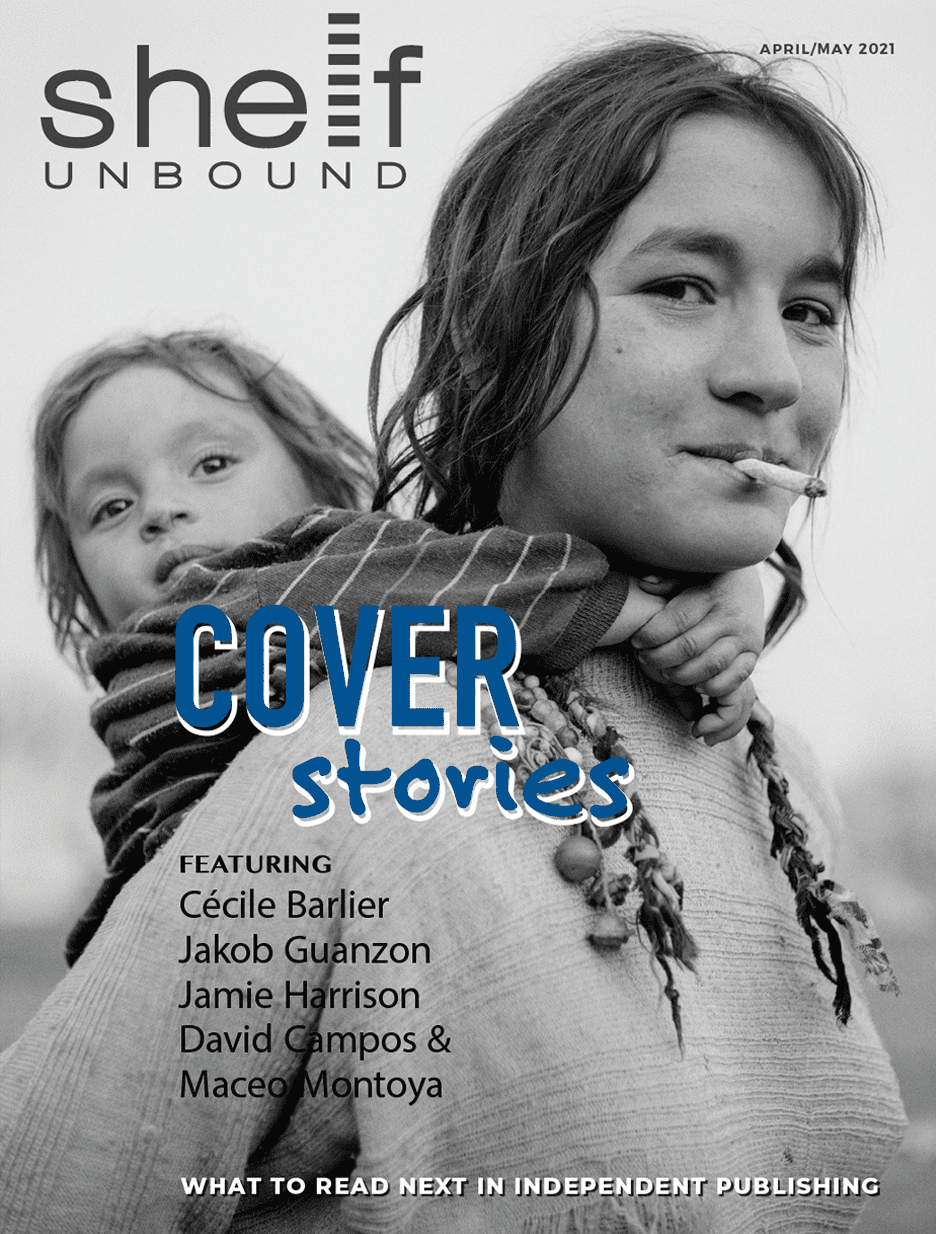
[cm_page_title title=”Continue Reading” subtitle=” Shelf Unbound”]
Article originally Published in the April / May 2021 Issue: Cover Stories.
